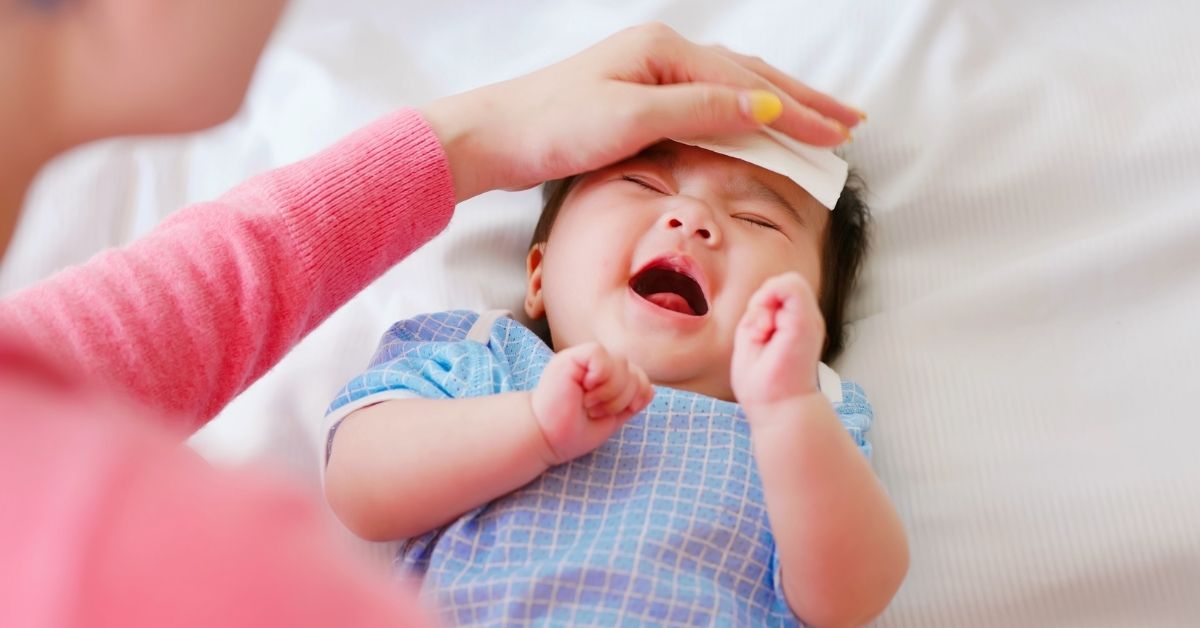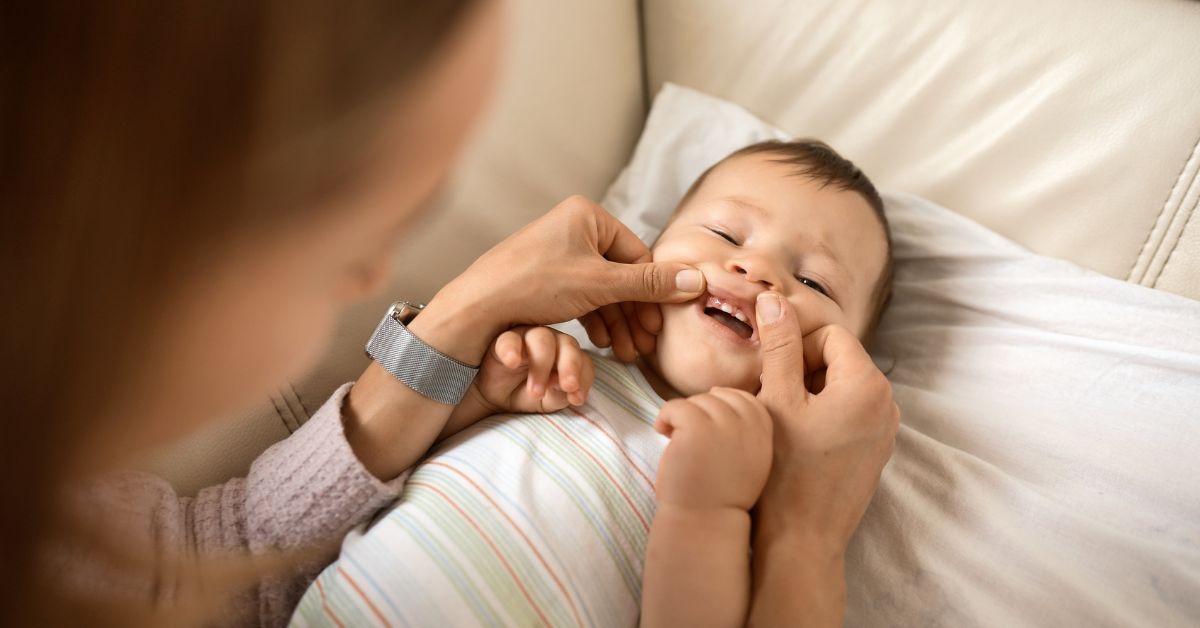Understanding Puberty: The Journey to the First Period
• Puberty is a gradual process that starts 2-3 years before the first period.
• Most girls get their period between 9-15 years, with the average age being 12.
• Early signs of puberty can appear as young as 8 years old.
• The first period (menarche) is the final step in a series of changes.
Signs to Expect Before the First Period
1. Breast Development
• First noticeable sign of puberty.
• Small, firm lumps appear under the nipples (breast buds).
• Growth may be uneven—one breast may grow faster than the other.
• Tenderness or soreness is common.
How to Support Her:
• Offer soft, non-wired bralettes for comfort.
• Reassure her that breast growth happens at different rates.
2. Growth Spurts
• Rapid height increase, often before the first period.
• Arms and legs may appear longer in proportion to the body.
• Hips begin to widen.
How to Support Her:
• Let her know that growth patterns are different for everyone.
• Encourage a balanced diet and physical activity.
3. Body Hair Growth
• Fine, light hair appears in the pubic area and underarms.
• Over time, it becomes darker and thicker.
• Some girls may also notice hair on their upper lip or arms.
How to Support Her:
• Let her decide when she’s comfortable with shaving or hair removal.
• Teach her safe hair removal methods if she chooses to remove body hair.
4. Vaginal Discharge
• Clear or milky white discharge appears in underwear.
• Starts 6-12 months before the first period.
• Helps keep the vagina clean and is completely normal.
How to Support Her:
• Explain that vaginal discharge is a healthy part of puberty.
• Suggest using panty liners if she finds it uncomfortable.
5. Body Shape Changes
• Hips widen and body fat redistributes.
• Some girls experience weight gain—this is natural.
• She may compare herself to friends.
How to Support Her:
• Encourage body positivity—every girl develops at her own pace.
• Promote healthy eating and an active lifestyle.
6. Skin and Hair Changes
• Oil glands become more active, leading to pimples and oily skin.
• Hair may become oilier and need more frequent washing.
How to Support Her:
• Introduce a simple skincare routine (gentle cleansing and moisturizing).
• If acne becomes severe, consult a dermatologist.
7. Mood Swings & Emotional Changes
• Hormonal changes can cause irritability, mood swings, and sensitivity.
• She may feel self-conscious or experience new social pressures.
How to Support Her:
• Keep communication open—let her know it’s okay to feel emotional.
• Help her identify and express her emotions in a healthy way.
When to Expect Her First Period?
• Usually starts 2-2.5 years after breast development begins.
• Cramps, bloating, or mood swings may indicate it’s coming soon.
Signs Her First Period is Close:
• Vaginal discharge has been present for about a year.
• Breasts have developed significantly.
• She’s experiencing lower abdominal cramps or back pain.
How to Prepare Her?
• Teach her how to use pads, tampons, or period underwear.
• Keep a small period kit in her school bag (pads, wipes, spare underwear).
• Reassure her that first periods can be unpredictable, but it’s normal.
How to Talk to Your Daughter About These Changes?
1. Use Everyday Situations
• If you’re buying sanitary products, say:
• “Hey, have you learned about periods in school? Want to talk about it?”
2. Share Your Own Experience
• Make it relatable:
• “I remember my first period—I was nervous, but my mom helped me through it.”
3. Answer Questions Honestly
• If she asks, “When will I get my period?”, respond:
• “Every girl is different, but I’ll help you be prepared whenever it happens.”
When to See a Doctor?
• No breast development by age 13.
• No period by age 15.
• Irregular or very painful periods after they start.
• Excessive hair growth on the face/body, severe acne, or sudden weight gain (possible PCOS signs).
A Note for Moms: Stay Calm and Supportive
• Puberty can feel overwhelming for both you and your daughter.
• Normalize the process, there’s nothing to be embarrassed about.
• Be patient, she may not open up immediately, but your support matters.
• Encourage self-care hygiene, healthy eating, and exercise help.








